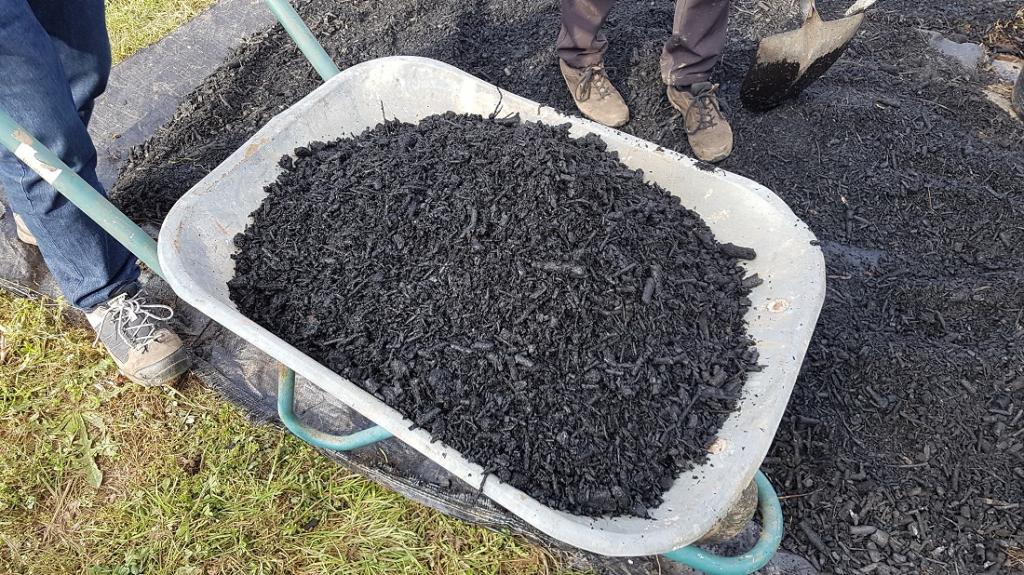New waste management technology could improve life in rural India

- 29 Feb 2024
Why is it in the News?
A new waste management technology that allows pyrolysis at a community level could help rural Indians cut indoor air pollution, improve soil health, and generate clean power, a recent study has claimed.
What is BioTRIG?
- BioTRIG represents a novel waste management technology centered around pyrolysis, poised to mitigate indoor air pollution, enhance soil quality, and foster clean energy generation across rural India.
- This community-oriented pyrolysis system is ingeniously crafted to utilize locally generated waste, offering a sustainable solution tailored to village environments.
- The innovative process yields three valuable by-products: bio-oil, syngas, and biochar fertilizer, presenting multifaceted benefits for rural communities, from cleaner energy sources to enhanced agricultural productivity.
- Moreover, the self-sustaining nature of BioTRIG enables the utilization of syngas and bio-oil to fuel subsequent pyrolysis cycles, with excess electricity catering to local energy needs, fostering self-reliance and sustainability.
- By harnessing the clean-burning properties of bio-oil and the soil-enriching qualities of biochar, BioTRIG empowers rural households to transition away from traditional cooking fuels while concurrently enhancing agricultural resilience and carbon sequestration efforts.
Significance:
- Computer simulations indicate that the BioTRIG system holds the potential to significantly mitigate greenhouse gas emissions from communities, potentially reducing them by nearly 350 kg of CO2-eq per capita per year.
- This projection underscores a noteworthy positive influence on both climate emissions and public health.
- The BioTRIG technology could mark a paradigm shift in waste management practices and energy generation methods within rural India, promising transformative benefits for communities.
What is Pyrolysis?
- Pyrolysis is a transformative chemical recycling method that disassembles residual organic matter into its fundamental molecular components.
- This innovative process entails confining the waste within an oxygen-deprived enclosure and subjecting it to temperatures exceeding 400 degrees Celsius.
